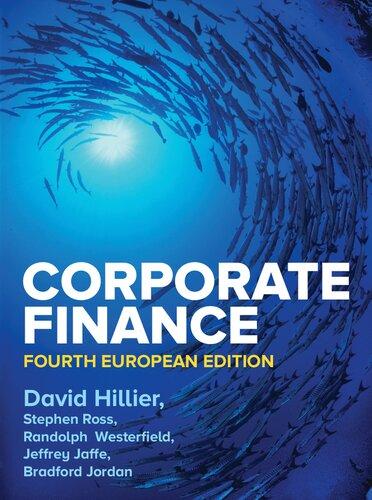2 Track each banks share price before the ban, during the ban and after the ban. Do...
Question:
2 Track each bank’s share price before the ban, during the ban and after the ban. Do the share price movements support the view that the market was irrationally depressed because of speculative activity?
In many countries, regulators have moved to ban an activity called equity short-selling. In order to sell equity short, a trader would open an account with a broker, borrow shares from existing shareholders for a fee and promise to give them back at some point in the future. Short-selling is normally used as an effective hedging tool. However, it can also be used to speculate against future falls in prices.
The practice of short selling came under intense scrutiny when it was blamed for the collapsing share prices of banks in 2008. Regulators argued that hedge funds were contributing to the collapse in share prices by irrationally forcing them down below their true level. As bank share prices imploded, there was clear evidence that many banks had very high levels of short-selling. As a result, the British government imposed a short-selling ban from 18 September 2008 until 16 January 2009. Other countries imposed similar bans.
If share prices were forced down by a small number of hedge funds (and their short-selling followers)
purely because of speculative activity, it would be clear evidence against the efficient market hypothesis.
Step by Step Answer:






